We've found 331 matches for your search. Order by
Results
-
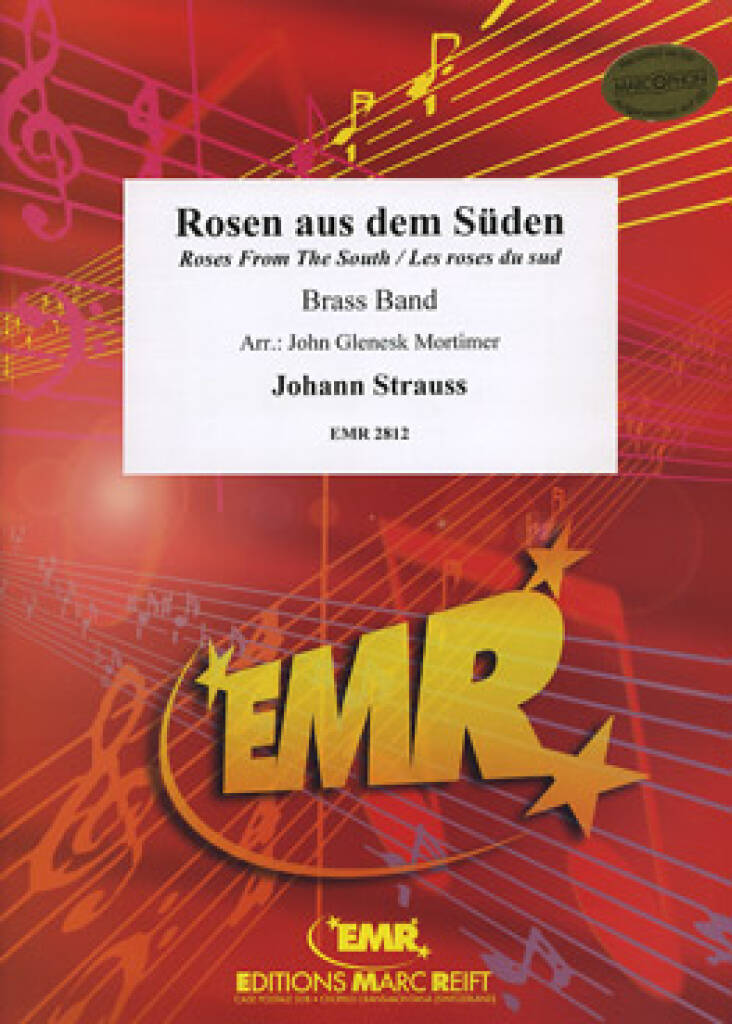 £151.80
£151.80Roses From The South (Rosen aus dem Suden) - Johann Strauss
Estimated dispatch 5-14 working days
-
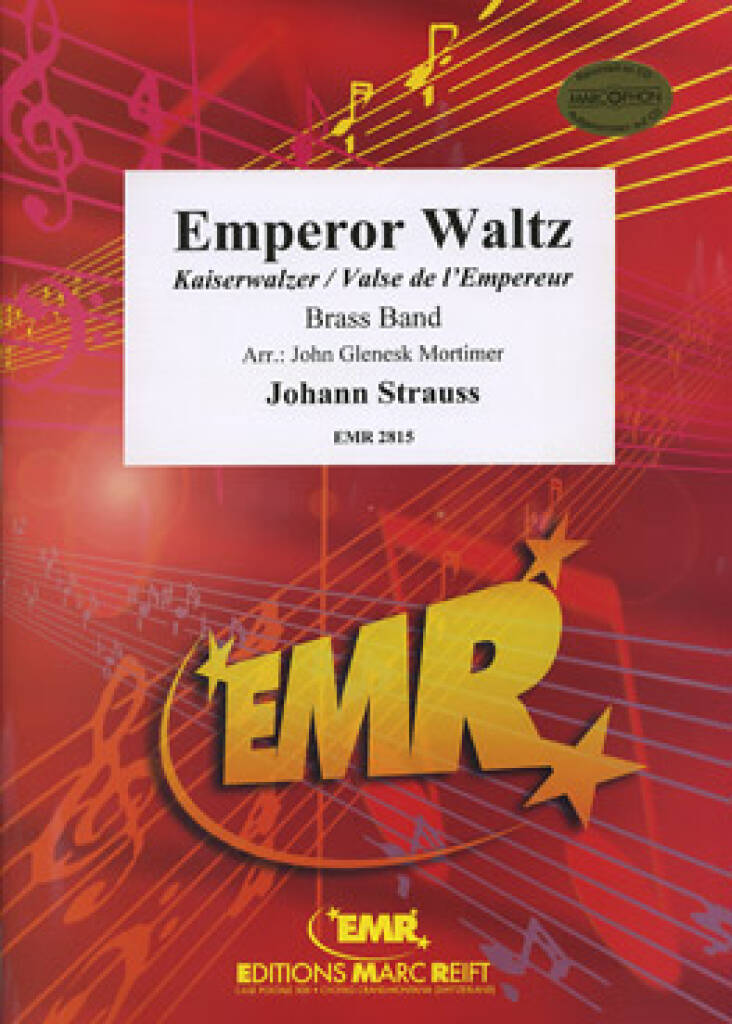 £133.40
£133.40Emperor Waltz (Kaiserwalzer) - Johann Strauss
Estimated dispatch 5-14 working days
-
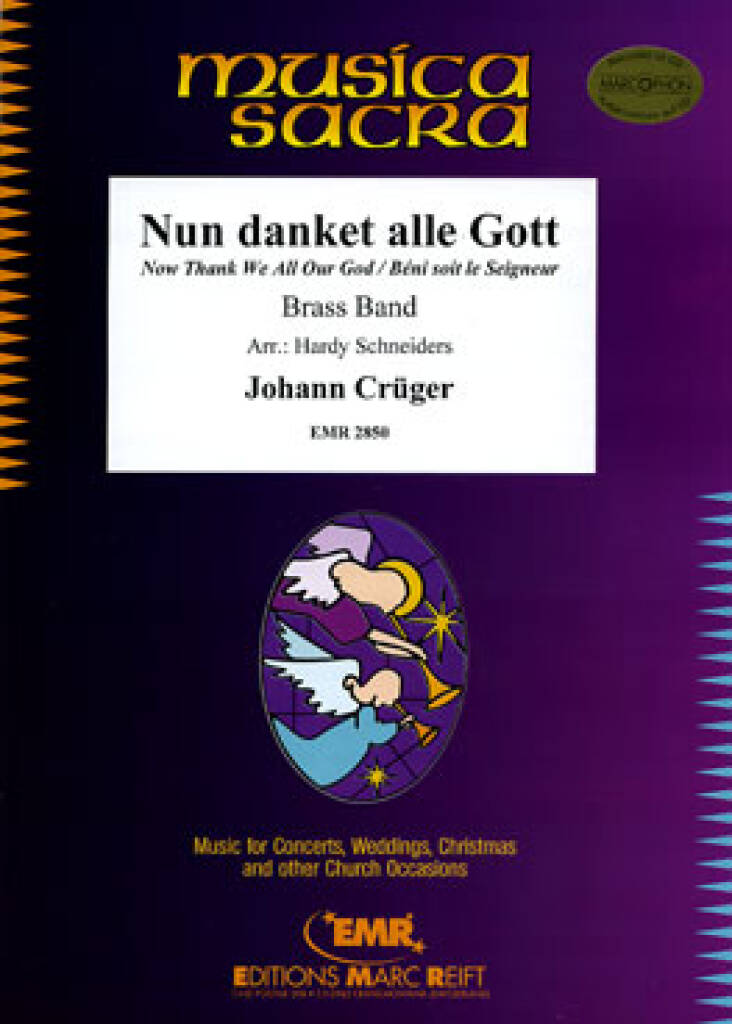 £105.80
£105.80Now Thank We All Our God - Johann Crüger
Estimated dispatch 5-14 working days
-
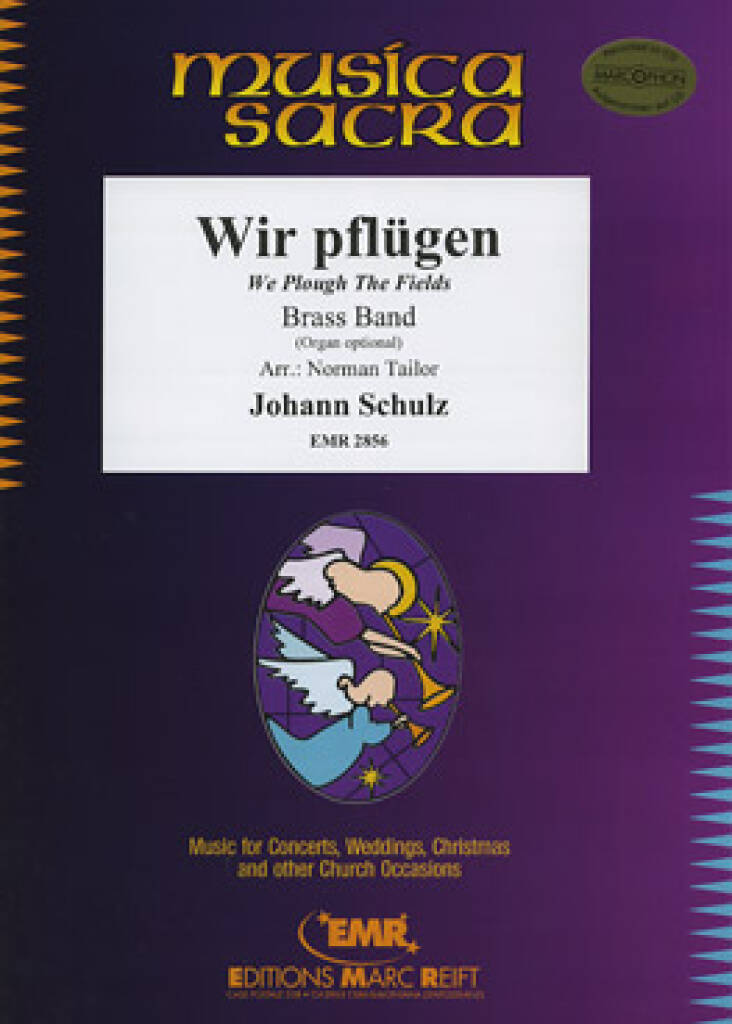 £115.00
£115.00We Plough The Fields - Johann Schulz
Estimated dispatch 5-14 working days
-
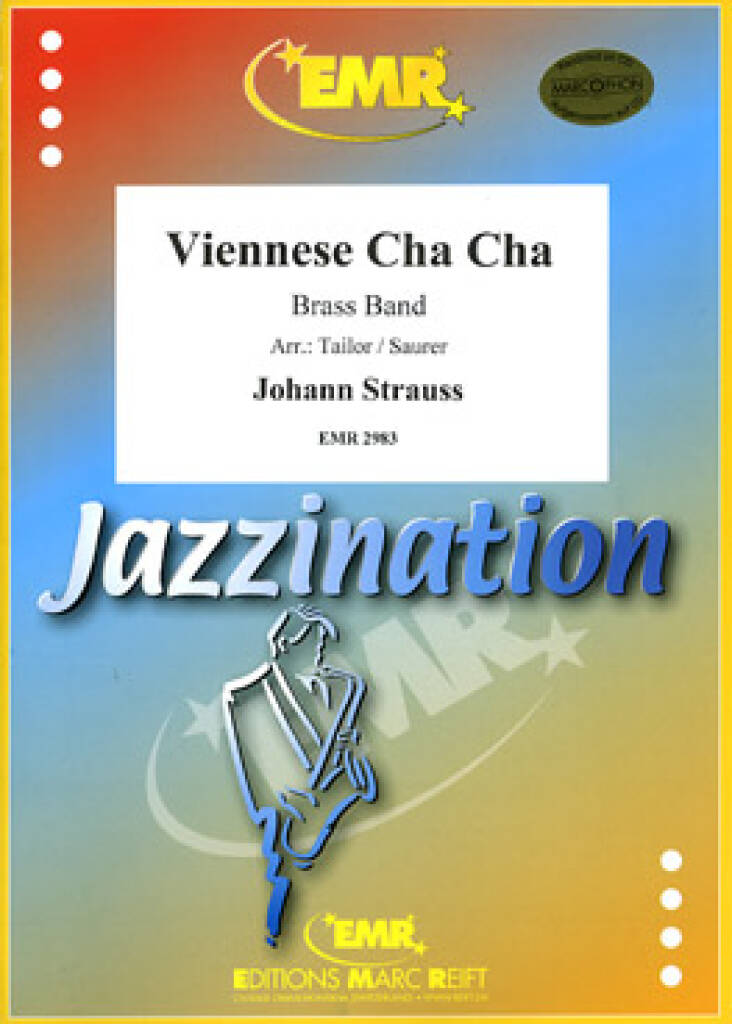 £105.80
£105.80Viennese Cha Cha - Johann Strauss
Estimated dispatch 5-14 working days
-
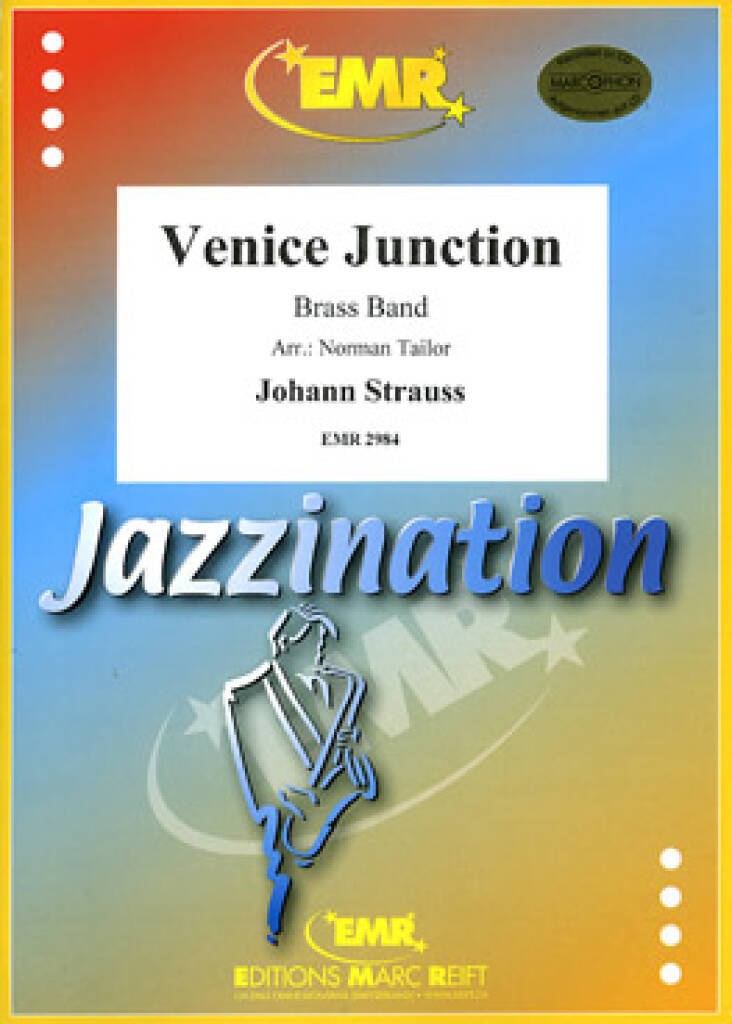 £115.00
£115.00Venice Junction - Johann Strauss
Estimated dispatch 5-14 working days
-
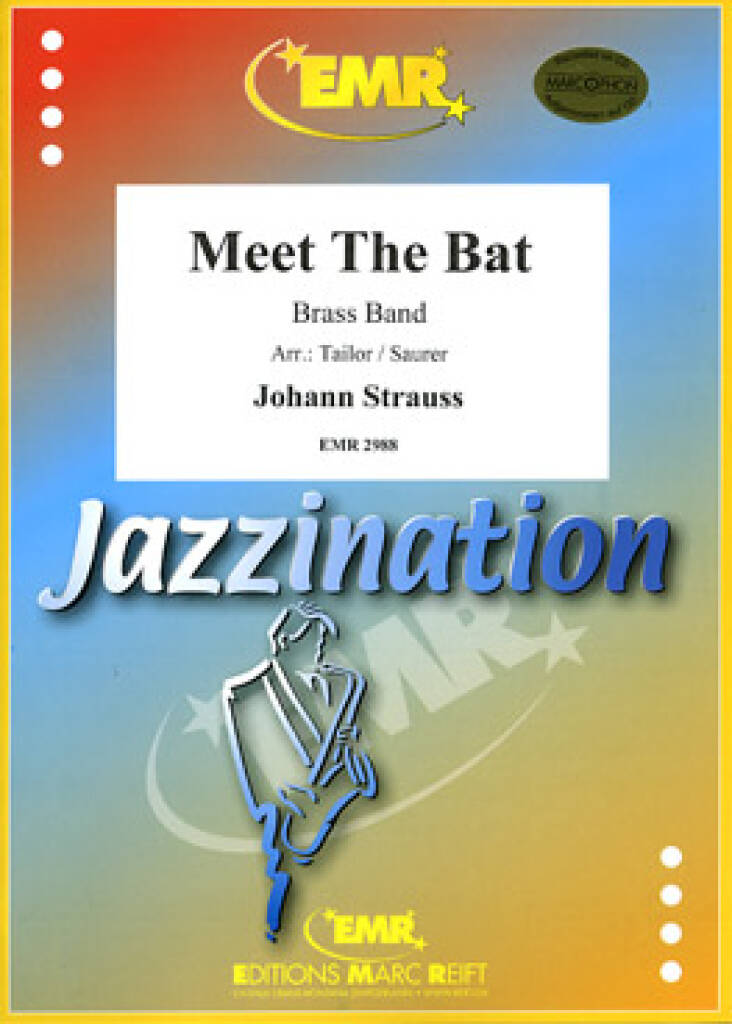 £124.20
£124.20Meet The Bat - Johann Strauss
Estimated dispatch 5-14 working days
-
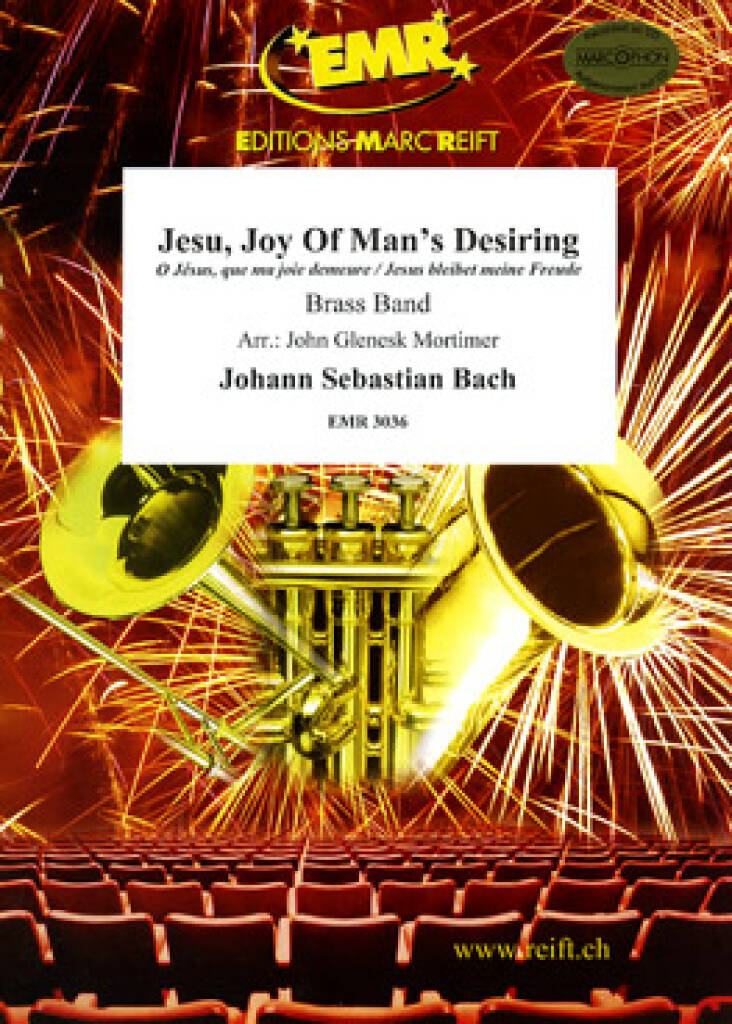 £87.40
£87.40Jesu, Joy Of Man's Desiring - Johann Sebastian Bach
Estimated dispatch 5-14 working days
-
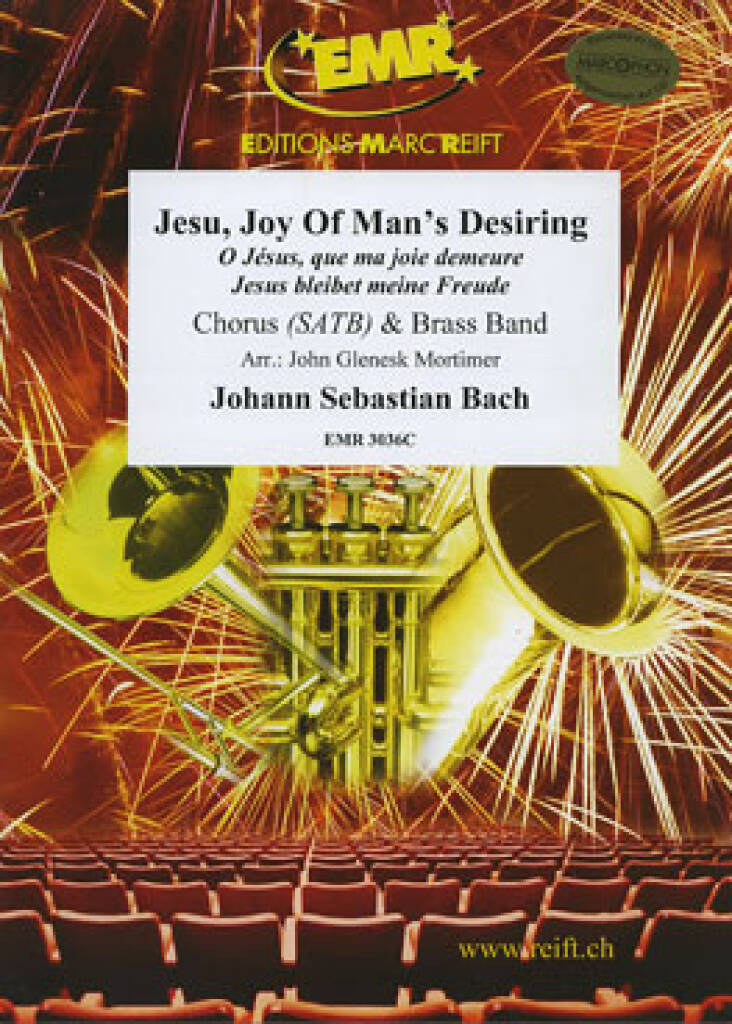 £124.20
£124.20Jesu, Joy of Man's... - Johann Sebastian Bach
Estimated dispatch 5-14 working days
-
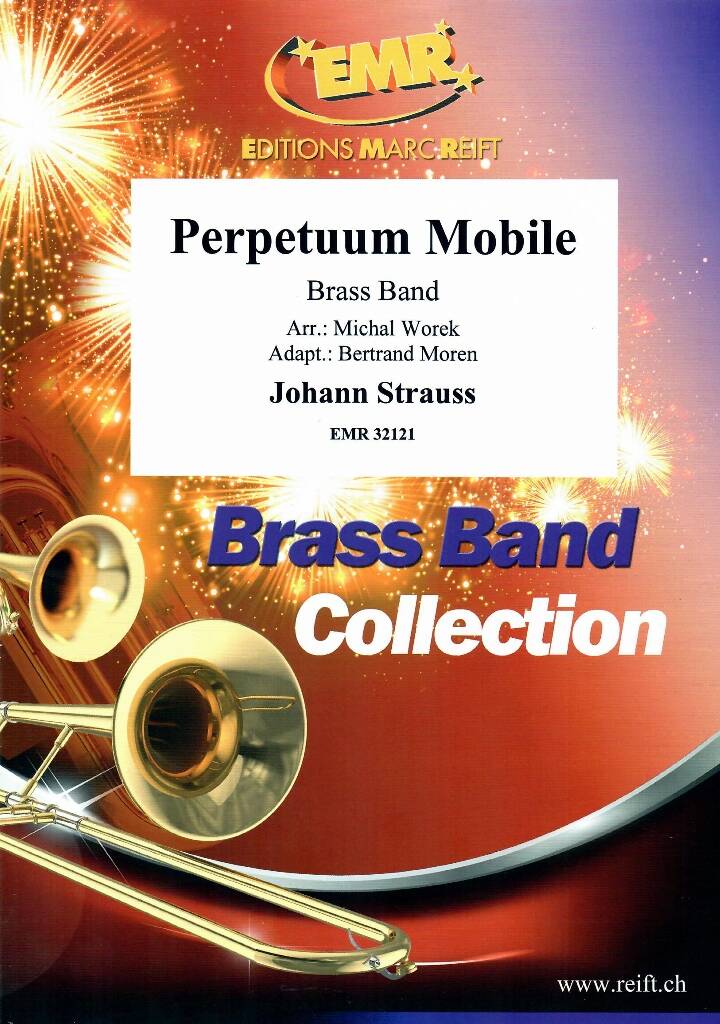 £105.80
£105.80Perpetuum Mobile - Johann Strauss Sr. - Michal Worek
Estimated dispatch 5-14 working days
